ZF Begins Production of Electric Park Brake in India, Marks Major Milestone in e-Mobility Push
Global technology leader ZF has officially commenced the production of its Electric Park Brake (EPB) system in India, a first for the company in the domestic passenger vehicle segment. This significant development comes as the system is integrated into a newly launched all-electric vehicle by a leading Indian OEM, symbolizing a major step forward for ZF’s e-mobility and innovation strategy tailored for the Indian market.
This milestone marks the first-ever local production of ZF’s EPB for passenger cars in India and showcases the company’s commitment to delivering advanced, sustainable, and region-specific automotive solutions. The move is in line with ZF’s overarching “Make in India for India and the World” strategy, reinforcing its support for India’s growing automotive electrification and vehicle safety ecosystem.
A Breakthrough for Electric Mobility in India
The Electric Park Brake system is more than just a convenience feature. It represents the electrification of traditional mechanical systems, offering enhanced vehicle safety, performance, and fuel efficiency. ZF’s EPB is designed with class-leading low drag characteristics and superior NVH (Noise, Vibration, and Harshness) performance, making it a crucial component in the journey toward energy-efficient and intelligent vehicles.
The EPB supports anti-lock emergency braking on two wheels, ensuring safer stops during high-stress scenarios. Activation is made easier and more ergonomic through a simple button interface, replacing the conventional handbrake lever. It is fully integrated into the braking system, allowing for dynamic actuation, brake pad wear monitoring, and seamless communication with other vehicle subsystems.
Modular, Scalable, and Future-Ready
ZF’s EPB features a modular architecture that ensures scalability across various vehicle platforms—from compact passenger cars to light commercial vehicles and trucks. This flexibility allows Indian automakers to adopt next-generation braking systems without compromising on design, efficiency, or safety. The EPB system aligns well with India’s rapidly evolving mobility trends and consumer demand for connected and safer vehicle experiences.
Leadership Speak: Commitment to India
Speaking on the announcement, Akash Passey, President of ZF Group in India, stated:
“The start of production of ZF’s first Electric Park Brake in India, on a cutting-edge EV platform, reflects our continued focus on offering world-class mobility solutions tailored to local needs. With systems like the EPB, we aim to elevate vehicle safety and performance while enabling Indian OEMs to deliver globally competitive products.”
ZF: Pioneering Intelligent Braking Systems
With over 250 million EPB calipers already on the roads worldwide, ZF is a pioneer in intelligent braking technology. The company offers a comprehensive range of park brake solutions, from traditional integrated systems to fully electronic brake systems, tailored for software-defined vehicles. This breadth allows ZF to support the transition to autonomous and electric mobility.
In India, the introduction and local production of the EPB marks a deeper investment in the domestic auto landscape. It not only strengthens ZF’s presence but also contributes to the broader ecosystem of high-tech, safety-oriented, and eco-friendly mobility.
Advancing India’s Smart Mobility Vision
ZF’s decision to produce the Electric Park Brake in India underscores its long-term vision to be a key enabler of next-gen automotive systems in the country. As Indian automakers shift gears toward smart, connected, and electrified vehicles, technologies like EPB will play a crucial role in shaping consumer expectations and vehicle functionality.
With this development, ZF reinforces its position not just as a global leader in driveline and chassis technology, but also as a trusted partner in India’s automotive transformation journey.
Share this content:
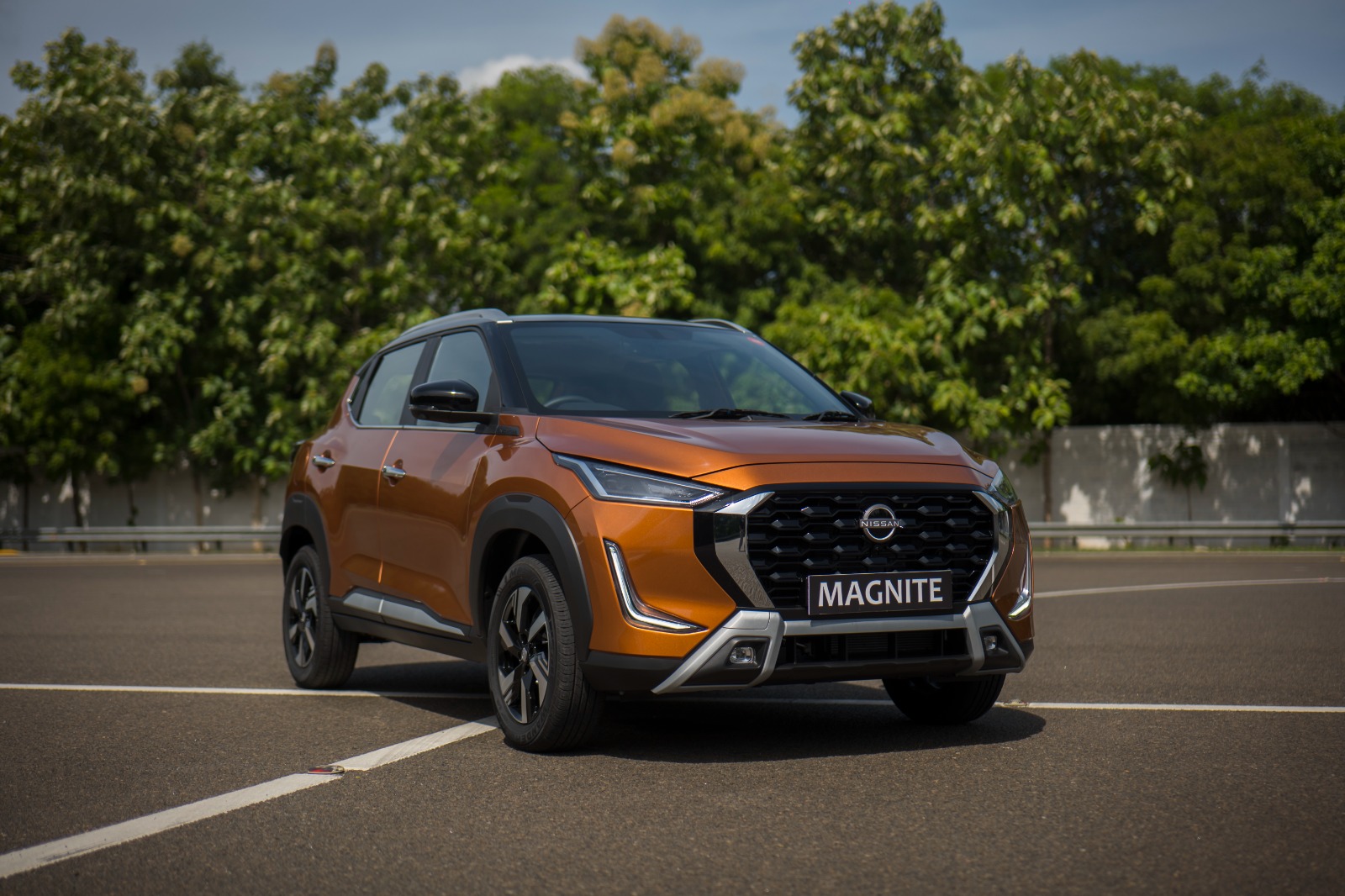

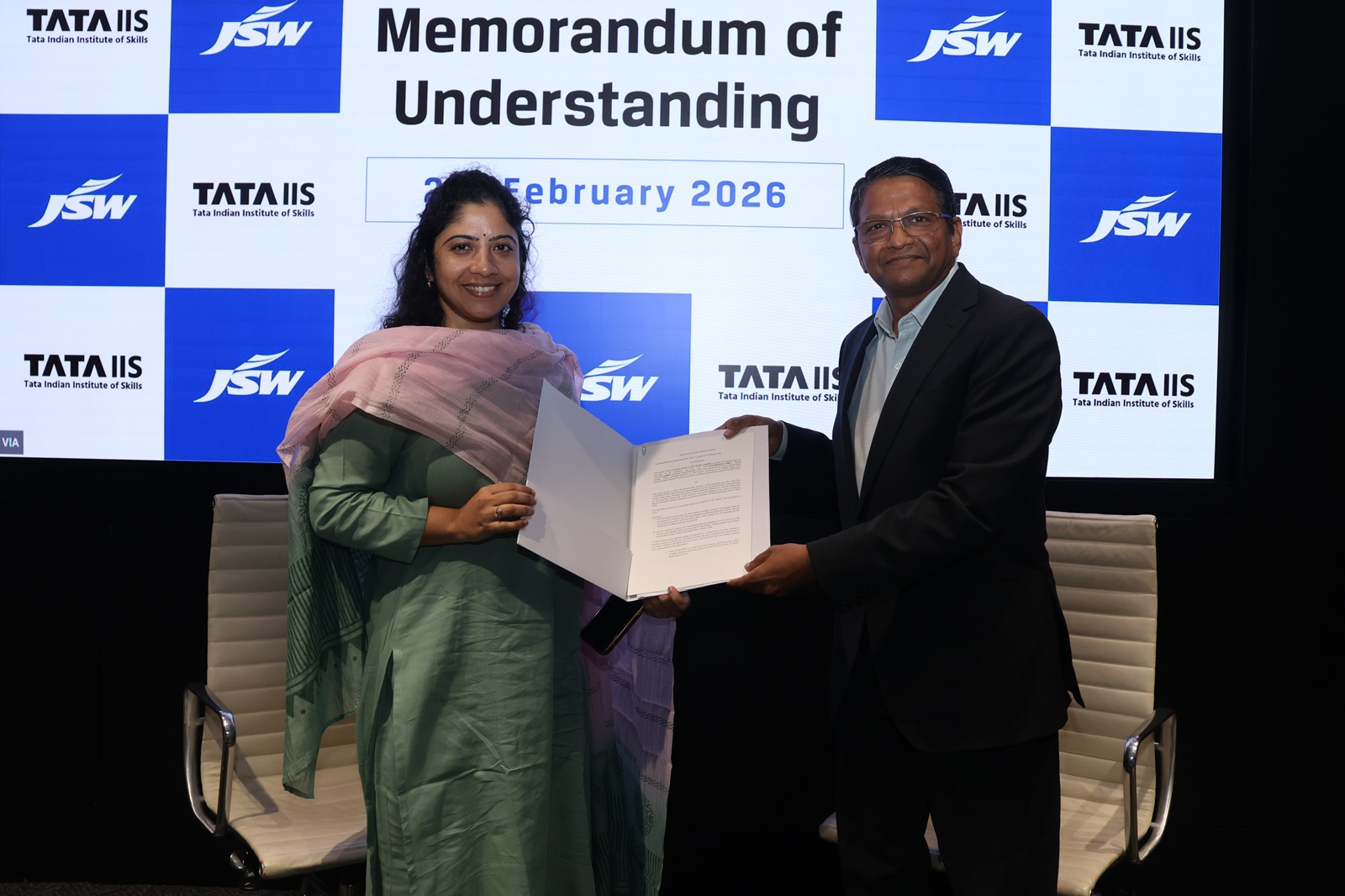
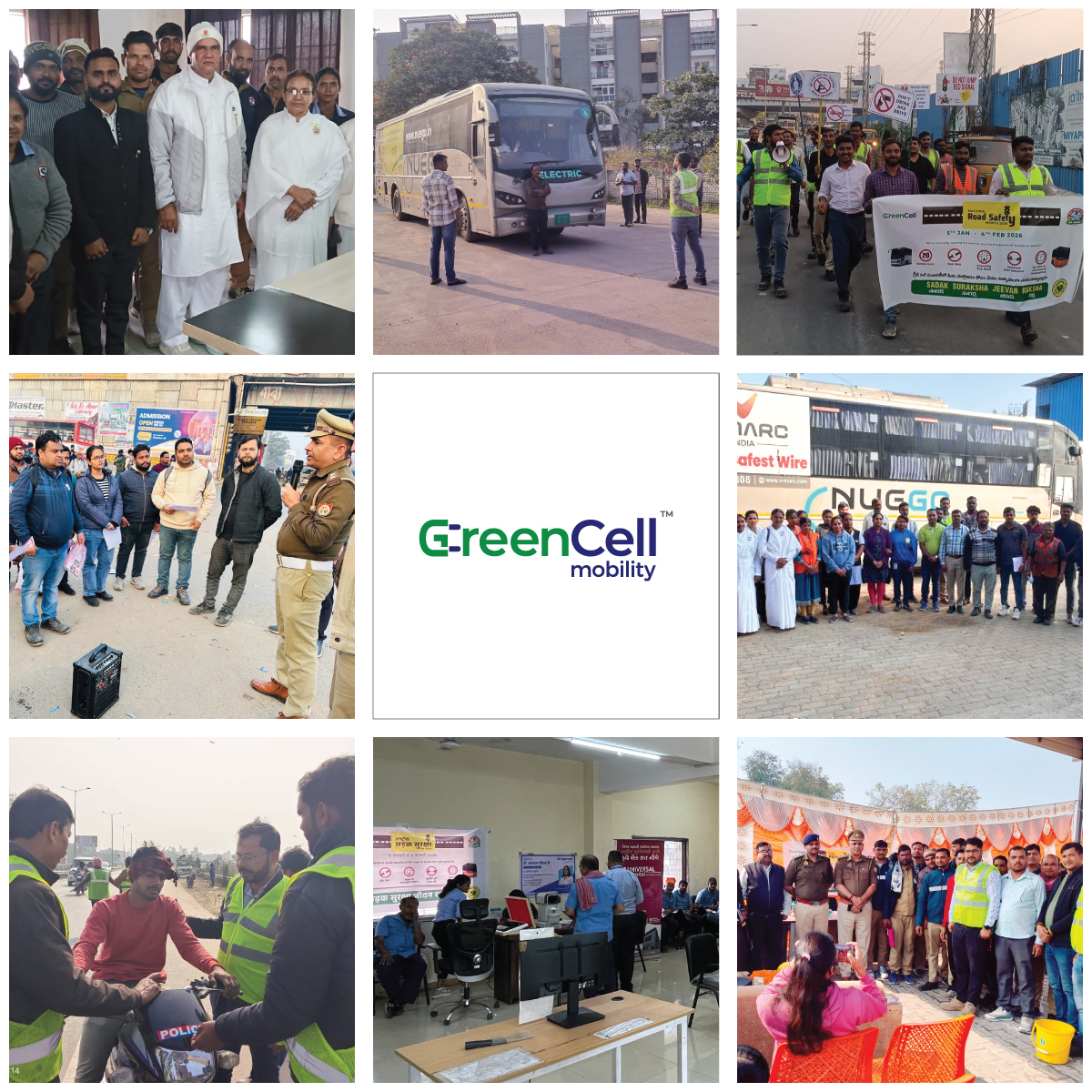
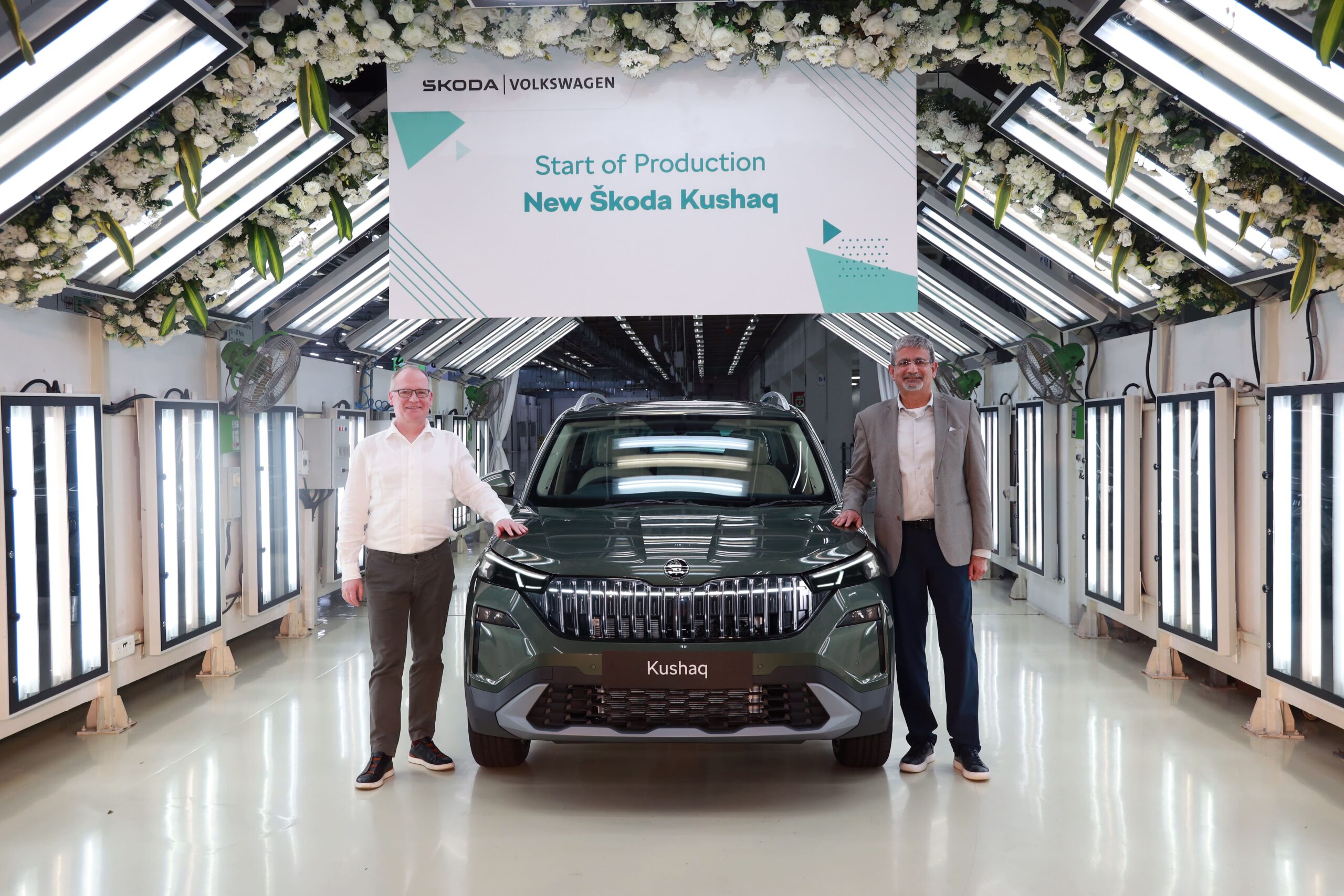
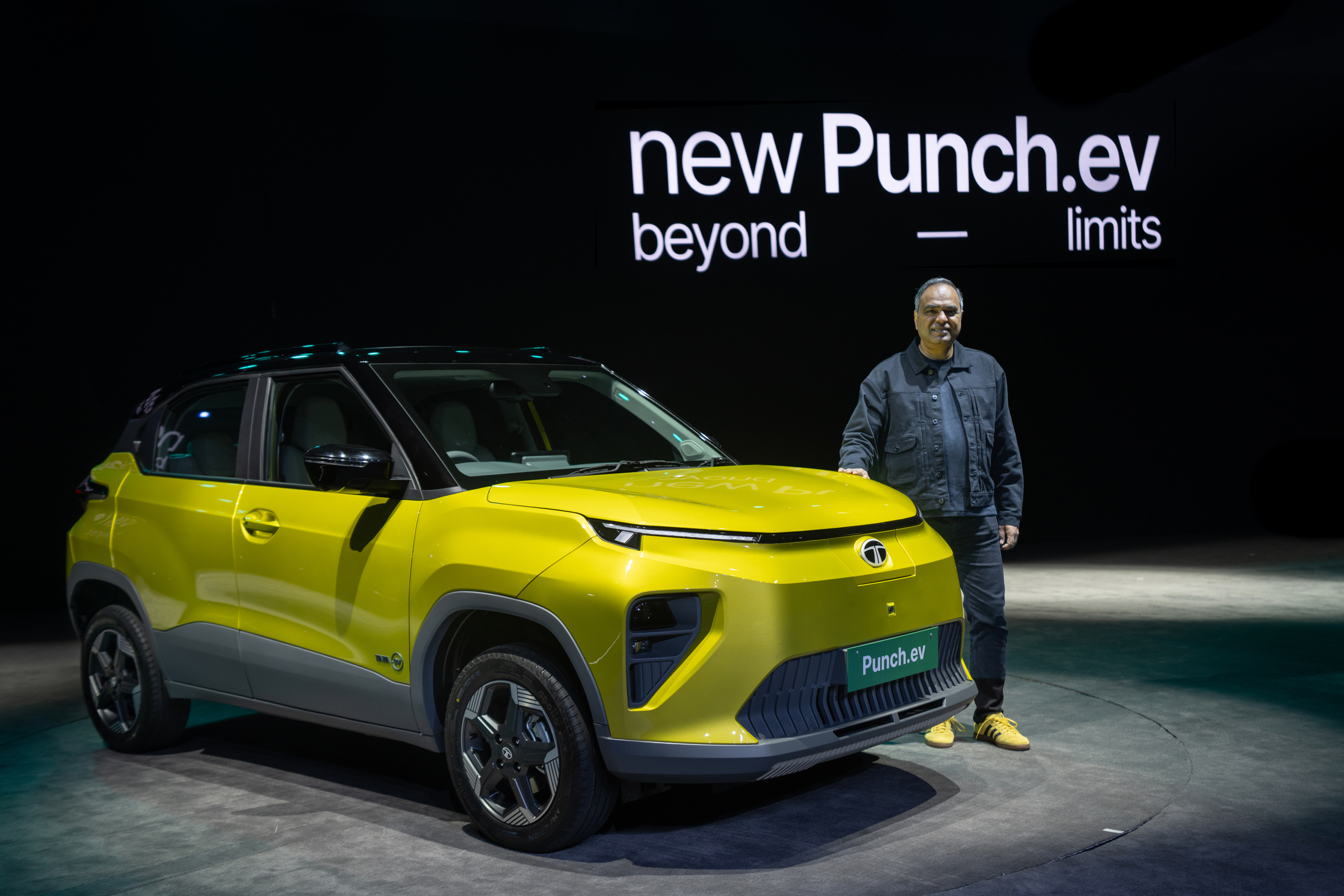
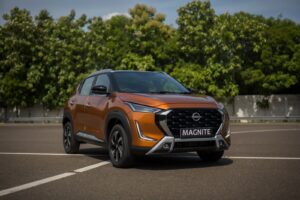


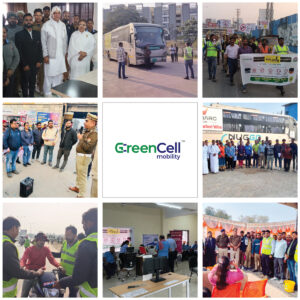
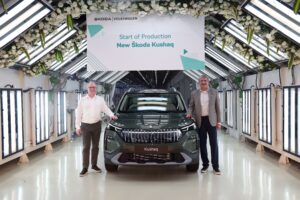
Post Comment